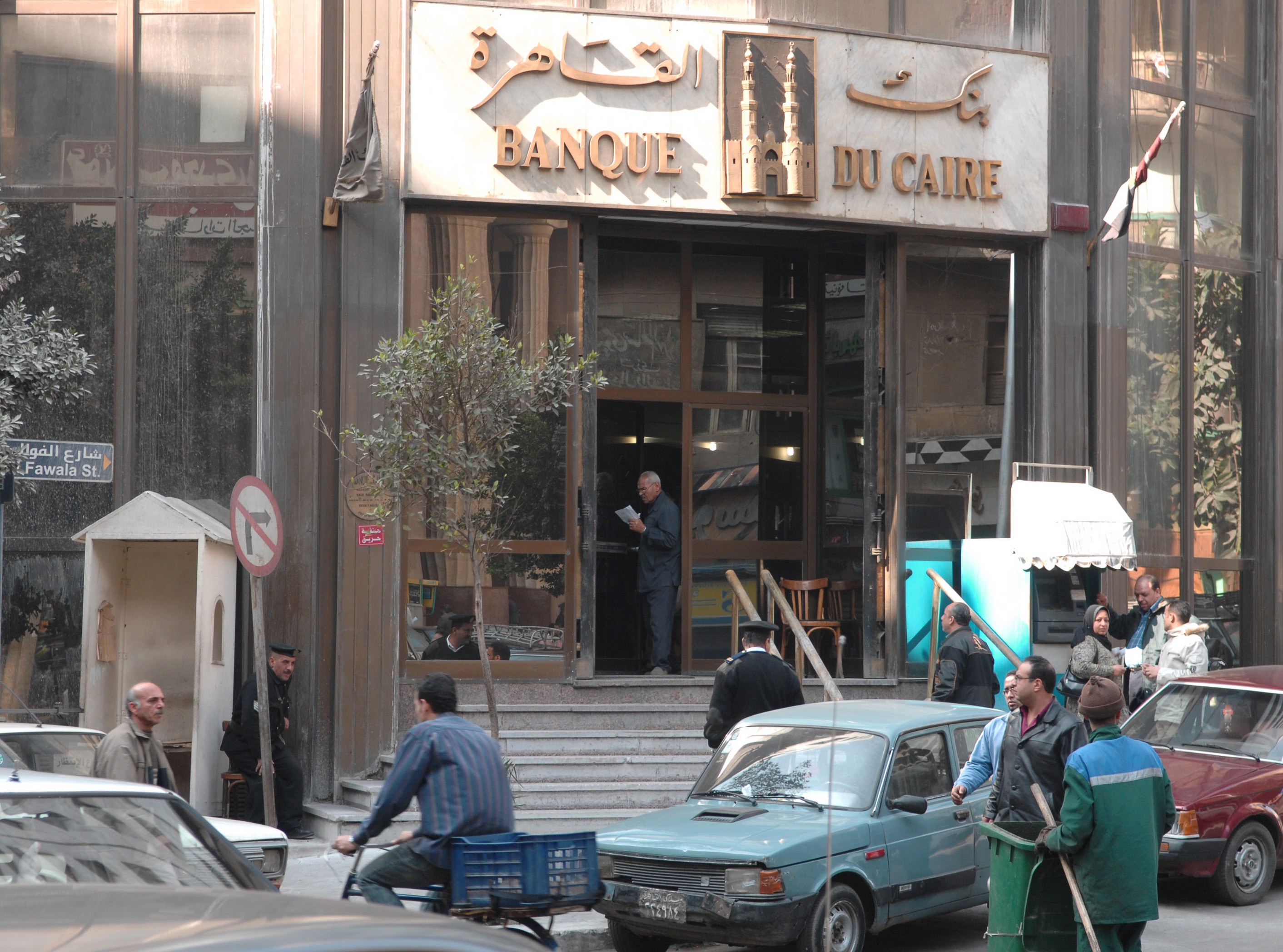The Central Bank of Egypt’s (CBE) Monetary Policy Committee (MPC) will hold its fifth regular meeting this year on Thursday to discuss the fate of the basic interest rates, which is the main indicator of the pound’s interest rate direction in the local market.
The MPC decided during its meeting held on 11 July to fix the basic rate of return at the CBE at 15.75% for deposit, 16.75% for lending, 16.25% for credit and discount rates, and the price of the main open market operations.
The CBE announced earlier that its annual core inflation rate fell to 5.9% in July, from 6.4% in June.
The core consumer price index set by the CBE recorded a monthly average of 0.1% in July, compared to 0.3% in June and 0.6% in July 2018.
According to the Central Agency for Public Mobilization and Statistics (CAPMAS), the urban consumer price index recorded a monthly average of 1.8% in July 2019, compared to a negative rate of 0.8% in June 2019, and 2.4% in July 2018.
The annual inflation rate was 8.7% in July, compared to 9.4% in June 2019.
Mohamed Abdel Aal, a well-known banking expert and board member of Suez Canal Bank, said that cutting the interest rate on the pound at the next meeting on Thursday is no longer an expectation, it has become urgent and necessary.
Abdel Aal explained that the global trend of most countries joins forces in reducing interest rates with the successive inflation rate under the influence of restrictive monetary policy that targeted inflation in the past period.
He added that with the marked decline in food prices due to the dollar exchange rate decline on the one hand and the decrease in purchasing power on the other hand, the CBE is encouraged to take the first steps to return to a monetary easing policy, aimed at controlling the stability of the inflation rate, while giving the economy a stimulating boost for fear of slipping into a recession.
Bank expert Tarek Metwally predicted that the CBE will move to reduce interest rates on the pound at Thursday’s meeting, in light of the continued decline in inflation, the decline in US interest rates, and the direction of global central banks to cut interest rates.
He explained that the reduction of interest would stimulate foreign direct investment, especially with the continued cash flows from tourism and export revenues, in addition to increasing the movement of remittances of Egyptians working abroad.
He added that customers who want to invest their money in high-yield savings vessels can achieve this through saving in savings certificates.
Radwa al-Suweifi, head of research at investment bank Pharos Holding, said economic indicators point to the imperative of a 1% rate cut at the MPC meeting on Thursday.
She told Daily News Egypt that the inflation rate reached less than 9% on an annual basis, which is the target of the CBE in the end of 2020, and we have reached this target before the end of the third quarter of 2019, noting that inflation will not rise in the remainder of the current year from 9 to 10% supported by the base year.
She added that the real interest rates (the difference between the inflation rate and interest rates in banks), is higher than 5%, which is higher than the average of about 2%, which supports the reduction of interest rates by about 2-3% over the remainder of 2019.
She noted that if the CBE follows a very conservative policy, we may see a rate fix at the MPC meeting on Thursday, until the last fallout from subsidy cuts and price rises in August.
Beltone Investment Bank pointed to the possibility of a 100 basis point rate cut at the MPC meeting on Thursday, noting that the US Federal Reserve’s rate cut of 0.25% to 2% to 2.25% by the end of July 2019 will support the resumption of the easing policy by the CBE with regard to the second most important element of the interest rate decision.
Beltone expects treasury bills’ yield to remain attractive even after interest rate cuts, supported by a strong Egyptian pound and higher real interest rates due to slowing inflation.




